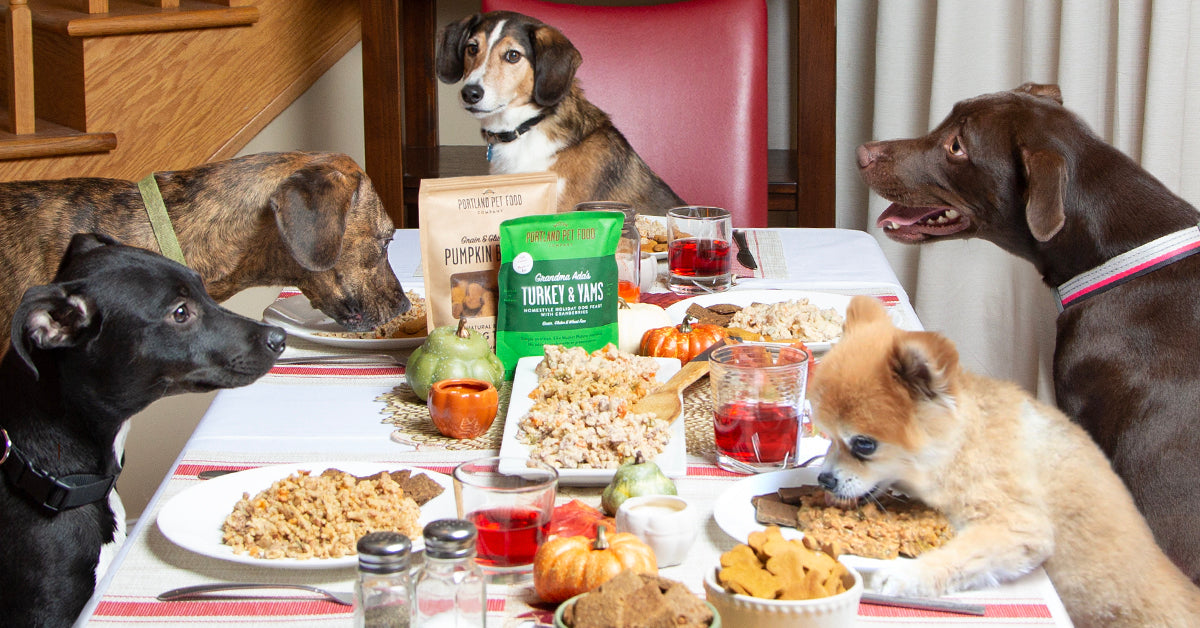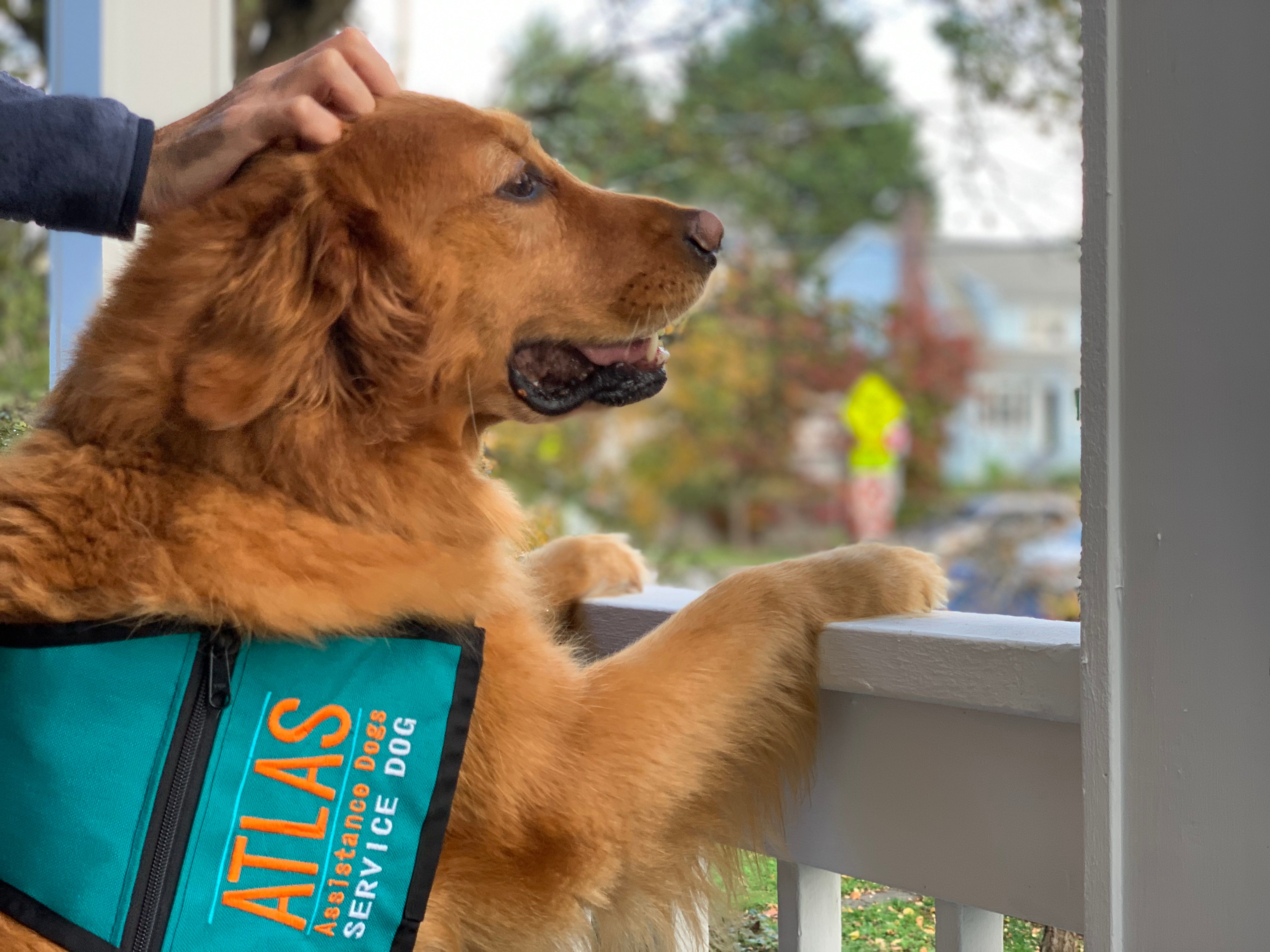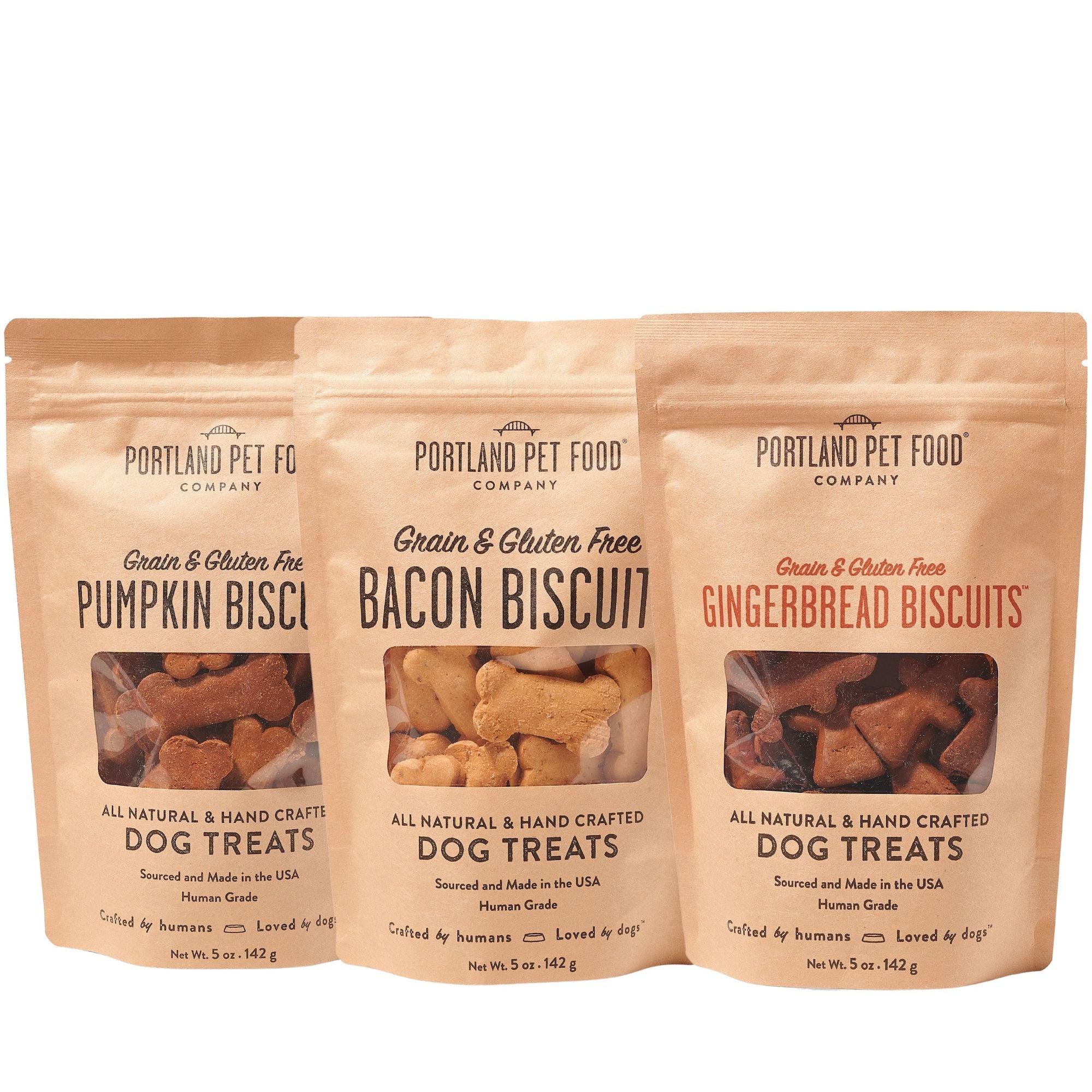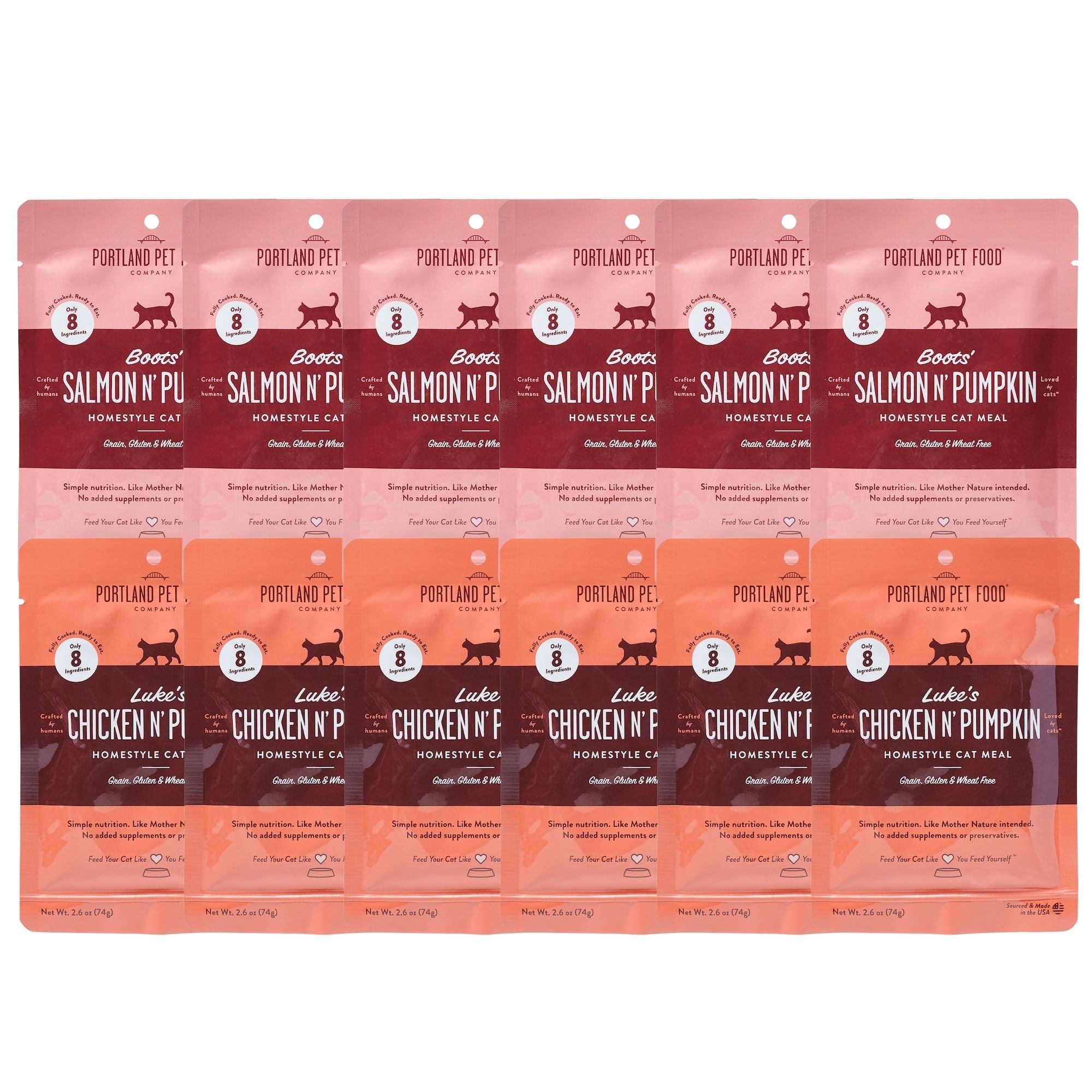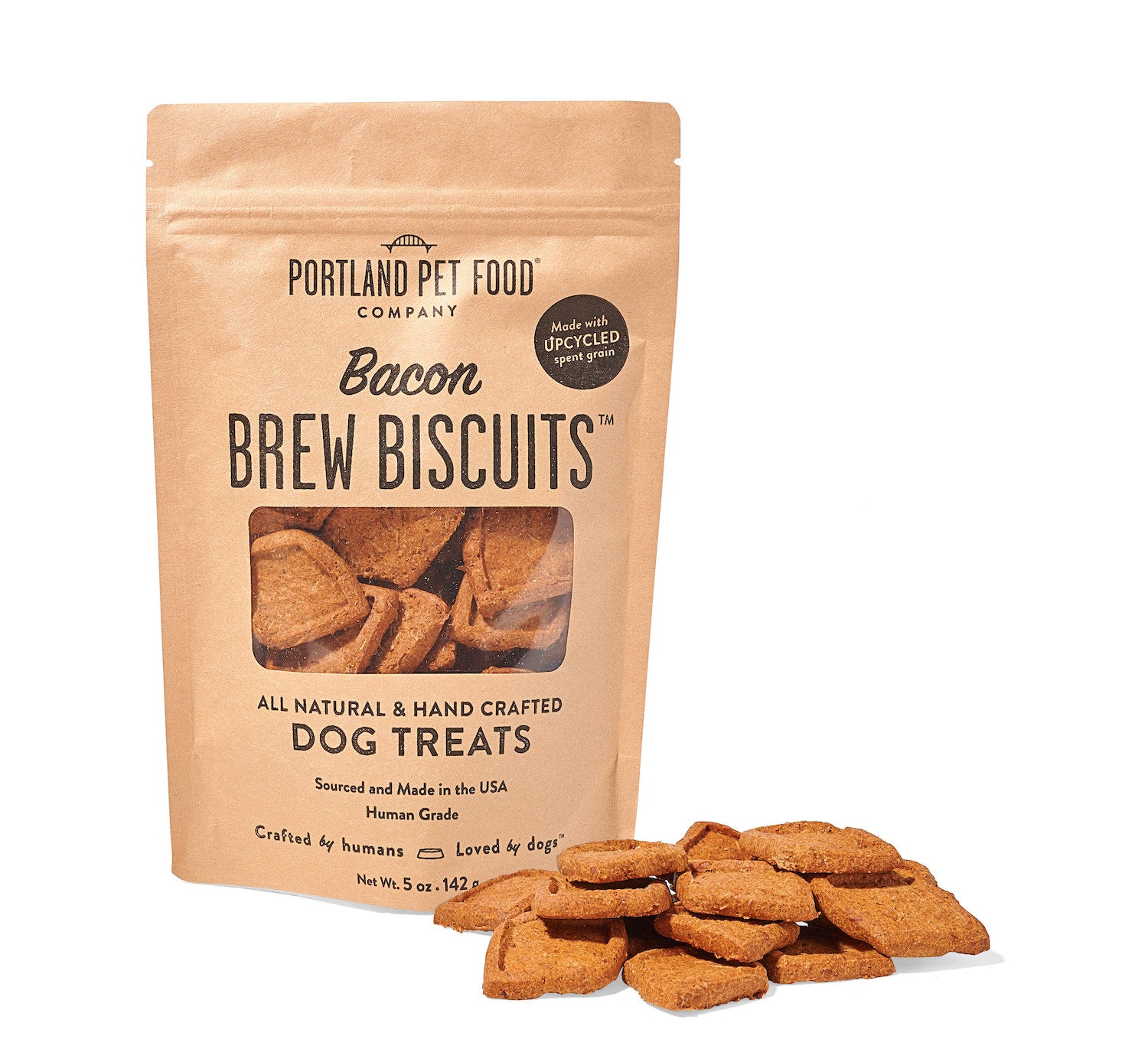
Can Dogs Eat Eggs?
If you’re anything like our team at Portland Pet Food Company, you’re constantly wondering what human foods your dog can and can’t safely eat. Eggs are a staple in many people’s kitchens, and we seem to eat them in every way possible — boiled, scrambled, in baked goods, etc. — but can dogs eat eggs? The answer is: It depends.
Can Dogs Eat Raw Eggs?
It’s generally not recommended that dogs eat raw eggs. Uncooked eggs run the risk of containing bacteria such as E.coli and Salmonella, both of which can make dogs sick. Additionally, Salmonellosis (a bacterial infection caused by Salmonella) can be transmitted from dogs to their humans, so giving your dog a raw egg may end up being a bad decision for the entire household!
Indications that your dog may have Salmonellosis are fever, lethargy, vomiting, diarrhea, and/or a lack of appetite. If you think your dog may have contracted Salmonellosis or has somehow gotten access to raw eggs, contact your veterinarian for next steps.
Can Dogs Eat Cooked Eggs?
Yes! Cooked eggs are filled with essential fatty and amino acids, as well as digestible protein, and aren’t likely to carry risk of bacteria. Though they aren’t intended to be served as a dog’s primary protein, cooked eggs can be a healthy snack or added as a supplement to dog food.
The key to giving dogs eggs, like most other foods, is moderation. When dogs eat too many eggs, the levels of cholesterol may lead to an upset stomach -- and down the road, might contribute to obesity. To determine how many eggs are safe for your dog, ask your veterinarian.
Before we dive into the different ways to cook your dog eggs, it’s important to note that like humans, dogs may have an egg allergy. After giving your dog their first egg, stay alert for symptoms including hives, swelling, difficulty breathing, and/or coughing. If your dog is experiencing any signs of an allergic reaction, contact your veterinarian immediately. Additionally, if your dog has any preexisting health conditions, we’d recommend contacting your veterinarian to double check that it’s okay to feed your dog eggs before testing it at home.
Now that you know the benefits and risks associated with giving your dog eggs, let’s explore the different ways to prepare (and to not prepare) eggs for your dog.
Can Dogs Eat Scrambled Eggs?
Yes, dogs can eat scrambled eggs, as long as there is no added milk, seasonings, or oil, as those can be harmful. When cooked plain, scrambled eggs can be great for dogs -- especially for dogs who have an upset stomach, have shown disinterest in food, or are experiencing dental problems. Soft, scrambled eggs are easy on the digestive system, provide healthy fat and proteins, and dogs love them!
Can Dogs Eat Fried Eggs?
Dogs can technically eat fried eggs, but it probably isn’t the best way to cook up an egg for your dog. Fried eggs almost always need oil or butter to prevent sticking, both of which are harmful to dogs.
Can Dogs Eat Boiled Eggs?
Yes! Boiled eggs are one of the safest variations of eggs for dogs, as you don’t run the risk of any oil, seasonings, etc. that may be leftover on pans. After boiling your dog’s egg, be sure to let it cool off and cut it into smaller pieces before feeding to prevent choking.
Can Dogs Eat Deviled Eggs?
Based on what we mentioned earlier about dogs not being able to safely eat oil, seasonings, and milk, it probably goes without saying that dogs should not eat deviled eggs. All recipes are different, but most deviled egg recipes call for mayonnaise, onions, and/or garlic, which are all dangerous for dogs to eat.
Can Dogs Eat Eggshells?
Eggshells contain a lot of vital elements, including calcium, magnesium, boron, copper, iron, manganese, molybdenum, sulfur, silicon, and zinc. While it’s safe for dogs to eat eggshells and is normal to see them as an ingredient in pet food, it’s critical that they are only given in moderation to prevent your dog from having too much calcium.
Secondly, unless eggshells are ground up into a powder, there’s the risk of harming your dog’s mouth, throat, and stomach. So, unless you’re consulting with a veterinarian and making your dog’s meals at home, we would recommend not giving your dog eggshells just to be on the safe side.
The Bottom Line
Your dog can safely eat cooked, plain eggs when served in moderation, but serving raw or seasoned eggs can be harmful. When shopping, we’d recommend investing in free-range, organic eggs (local is always great!), as these chickens have a wider, more organic diet and produce the most nutritious eggs! And as always, be sure to consult your veterinarian if you’re unclear about your dog’s nutritional needs.
At Portland Pet Food Company, we’ve done thorough research on all things eggs and dogs. Every ingredient that we put into our dog meal toppers and dog treats are there for a reason, serving a purpose in keeping your dog healthy and happy -- including the organic eggs and powdered eggshells we use. Check out our human-grade dog food toppers and fresh dog treats, and let us know if you have any questions about our ingredients. We’d love to hear from you!
Cat Food Toppers, Too!
We have cat food toppers, too! Check out our salmon and pumpkin cat food and our chicken and pumpkin cat food.

